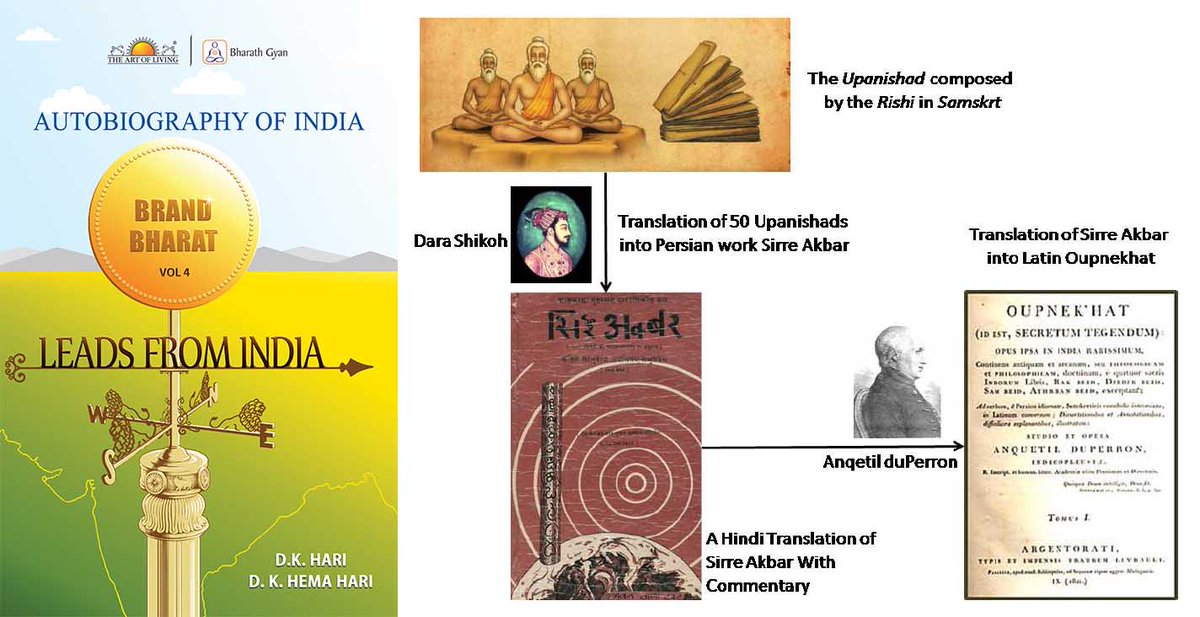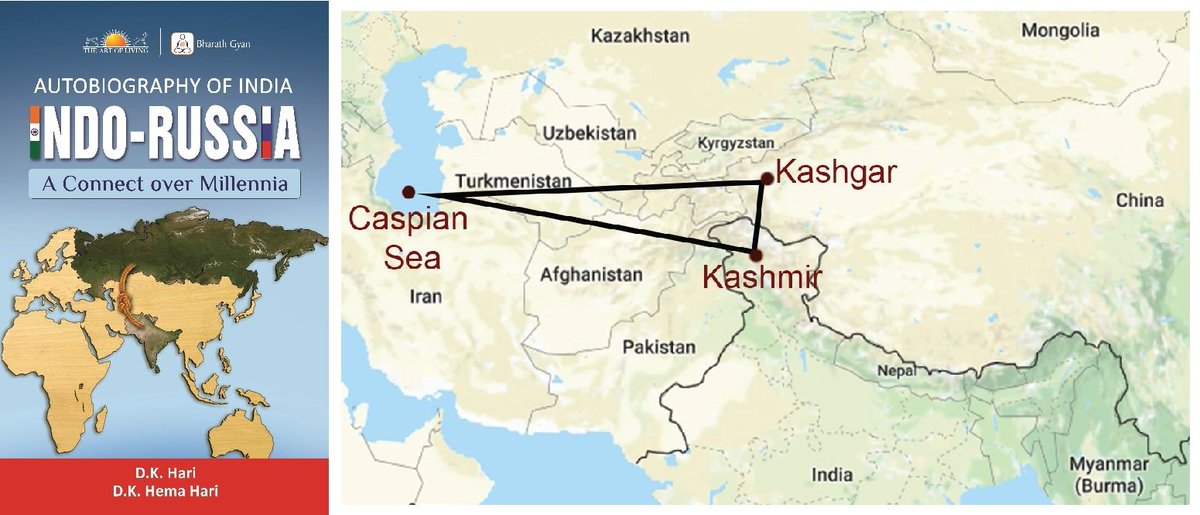This study of Calculus, while it has had its roots in the age old Indian philosophies, blossomed & took on a finite form between 1300s CE & 1600s CE, with a line of stalwart mathematicians such as Madhava, Nilakantha, Acyuta Pisarati and so on.
India called its works on Calculus by names such as
Yuktibhasa & Kuttakadhyaya
Bhasa means rationale, proof, explanation.
Yukti also denotes trick. Yuktibhasa is that work which contains explanations on tricks to arrive at solutions for difficult problems in mathematics.
Truly a case of tricking infinity.
Instantaneous velocity, a frequently measured parameter using Calculus, has a specific terminology in Indian text. It was referred to as Tatkalika Gati. Gati means speed. Kala means time. Tat Kalika means at that instant.
Sankhya means numbers, count. Sankalan means to aggregate, collate.
constantly moving with time. But these techniques as we have seen were already being put to use more than 800 – 900 years before Newton’s times.
on Calculus from India which have provided the strongest evidence to trace back the travel of Mathematics from India to the West.












